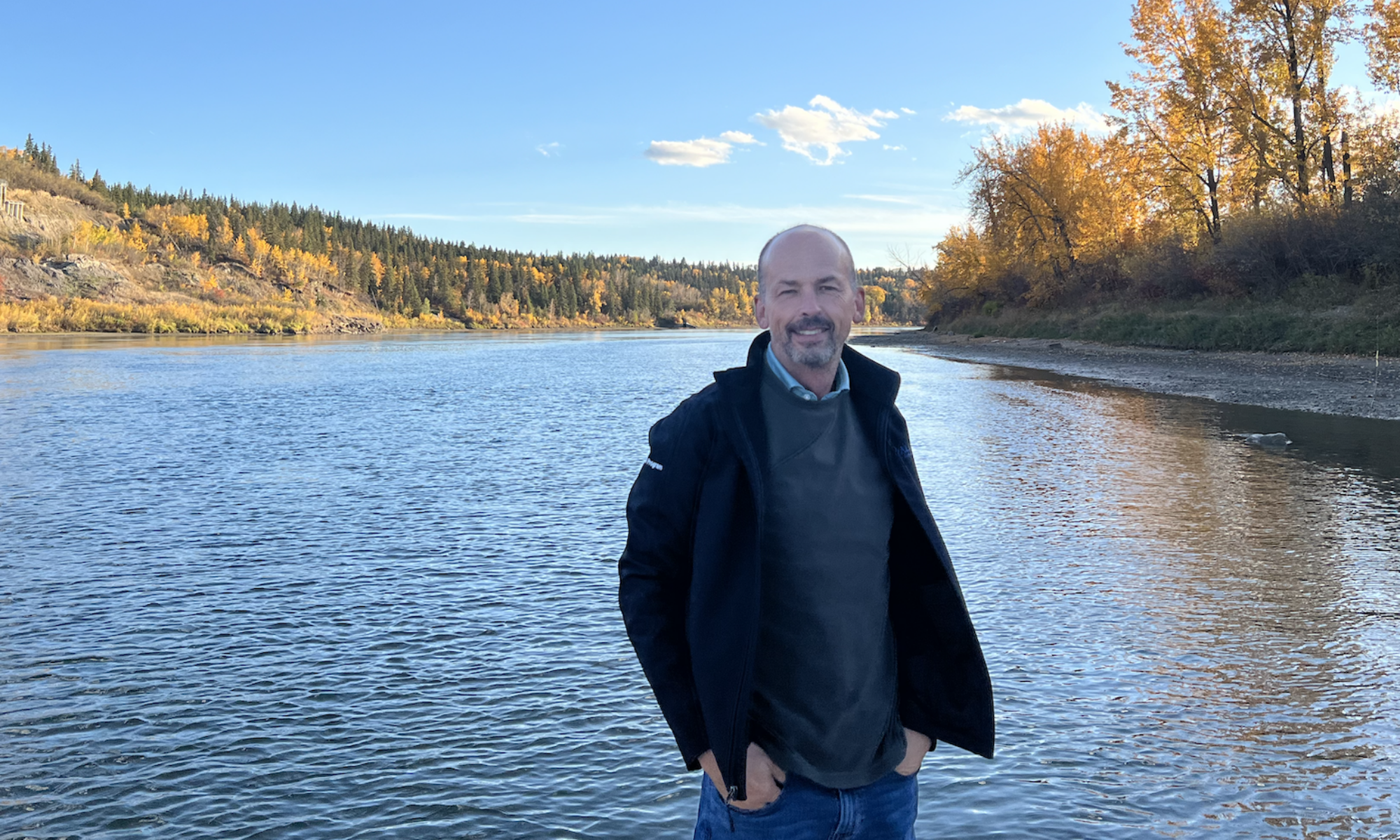I’m thinking of gatherings where people are together for a good chunk of time — 1-3 days. But I imagine a shorter version for a shorter meeting.
I’m thinking of groups of 30-40 people because that is what I have most immediately coming up, but I imagine, it could be much more or less.
I want a good start. An interesting start. More than description of an albeit, good program. That description could be, and probably should be, included. But I want a beginning that feels like more than dusting off an old encyclopedia. I want to set a tone that is more than description as the first thing that people experience in a gathering when few people know each other. I want an immediate encountering of self. And each other. And the space that is between all of us, the collective whole.
Step 1 (5-10 minutes) — Individual Participant Work.
On a piece of paper write three words and one sentence to each of the following questions (these are samples):
– What were you good at as a kid?
– What do you love about the place you live?
– What is a superpower that you have (others may know or not know of it)?
– When was the last time you ate spaghetti?
– What scares you?
It’s not meant to be a polished essay. It’s more of an activation of thinking and feeling.
Step 2 (5-10 minutes) — Create Engagement, Groups of 2 or 3.
Share a bit of what you wrote, and what happened for you as you wrote it. Feelings? Surprises?
It’s not fixing. It’s creating friendship and grounding.
Step 3 (5 minutes) — Share in the Full Group
Let’s hear from a few of you. Popcorn style, out loud — are there noticings that you want to share from your sharing with your small group?
It’s not transcribing what happened. It is building expectation to witness each other and pay attention together.
Step 4 (5 minutes) — Create Bridge to Purpose of Gathering
Here’s the bridge for me. I want questions that point to the subjective (there is no wrong answer), the personal (showing up), the unknowable (vast and complex), and the irrelevant (spaghetti, really?). There are no wrong answers in each of these qualities.
I want what can feel like a bit of purposeful distraction that dislocates certainty that people have or that they think they should have as they begin. I want distraction that dislocates certainty and expectation of what people thought would happen to begin the gathering — to wake ourselves up in the context of the gathering. It’s not charismatic hand holding for me. It is fierce commitment to the entity that is the group.
Leadership — here’s the bridge — leadership and being in any form of group together requires an ability to dislocate certainty. Can any of us claim that we know everything that is happening? Of course not. That’s different than knowing important stuff, I understand. In participative leadership, in community engagement, in working with teams — there is a need for us to get good at being in messes and surprises. There is a need to become acutely good at working with what emerges through interaction with each other. That’s the game. Everything that follows — tools, methods, frameworks — all those good things are about helping to build this capacity.
To beginnings.



